Biological Monitoring
Biological monitoring (BM) is a process used to assess an individual’s exposure to specific chemicals in the workplace. This is done by measuring the amount of a chemical present in a person’s urine or breath, providing a clear indication of how much of the substance has entered their body.
Effective exposure control typically relies on a combination of engineering controls and protective equipment. By utilising a biological monitoring service, you can verify whether these control measures are functioning properly and being used correctly, helping to ensure the safety of your employees and your compliance with regulations such as the Control of Substances Hazardous to Health (COSHH).
How We Support You
At Healthscreen, we offer two convenient methods for collecting biological monitoring samples. Our Occupational Health team can visit your site to conduct the screening on your behalf. Alternatively, we can send sample collection kits directly to you, complete with a prepaid envelope for easy return to our laboratory.
If you believe your employees may be at risk or if you would like more information, please don’t hesitate to contact us.
To receive a quote, please use our Quotation Form to provide your detailed requirements. Our dedicated team will then provide you with a tailored estimate.
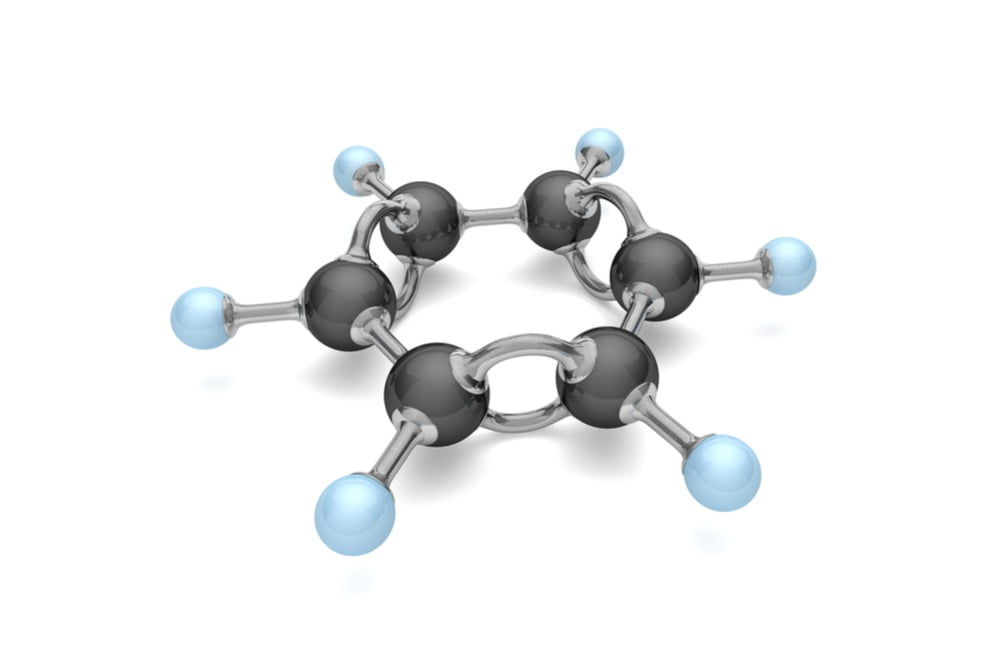
Benzene Monitoring
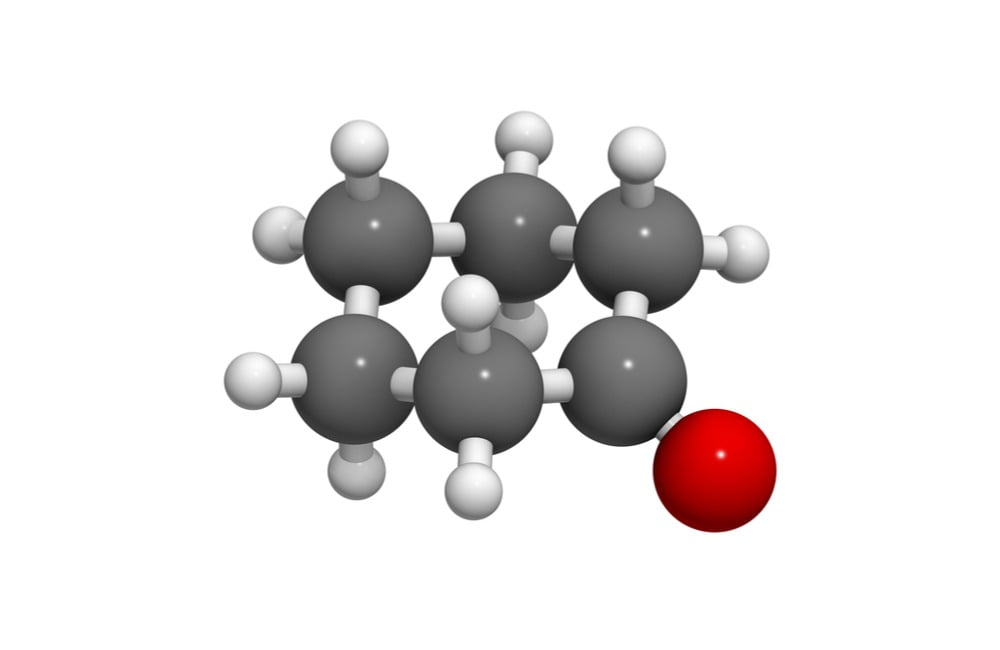
Cyclohexanone Monitoring
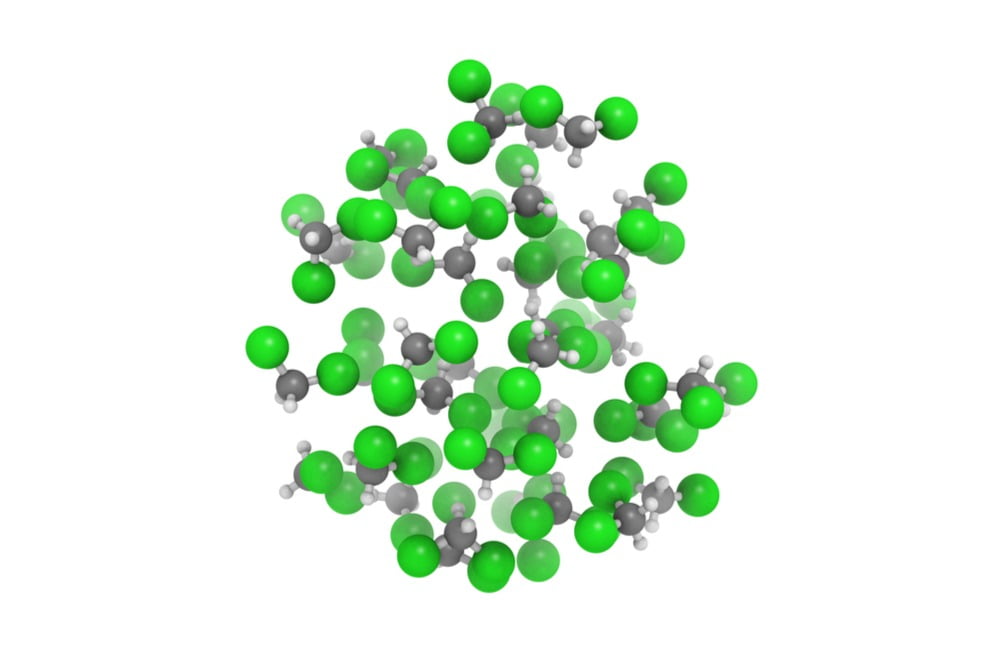
Methylene Chloride (dichloromethane)
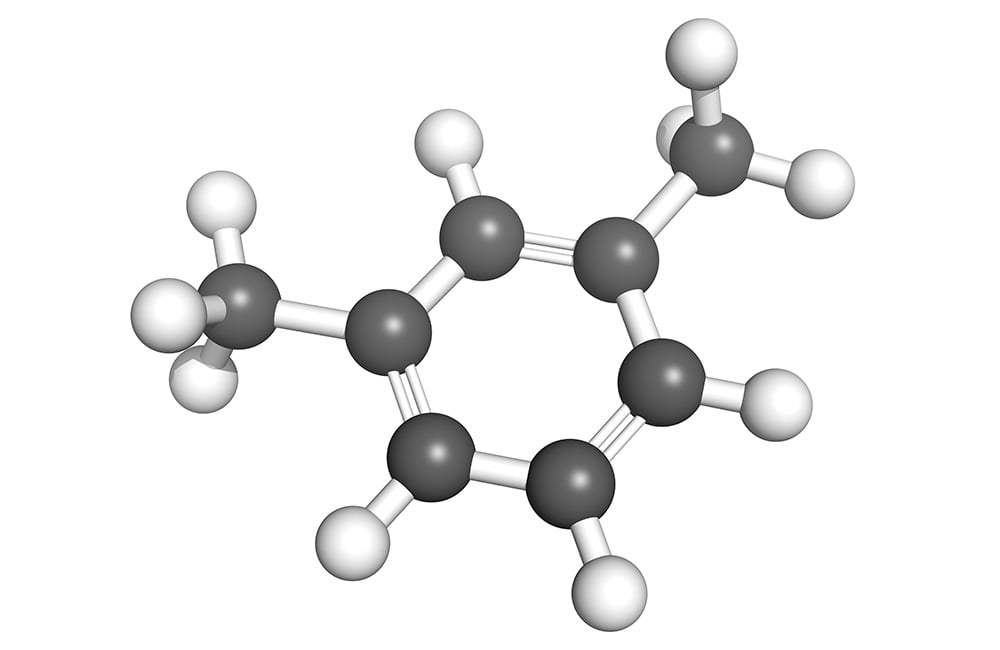
Xylene Monitoring

Mercury Monitoring
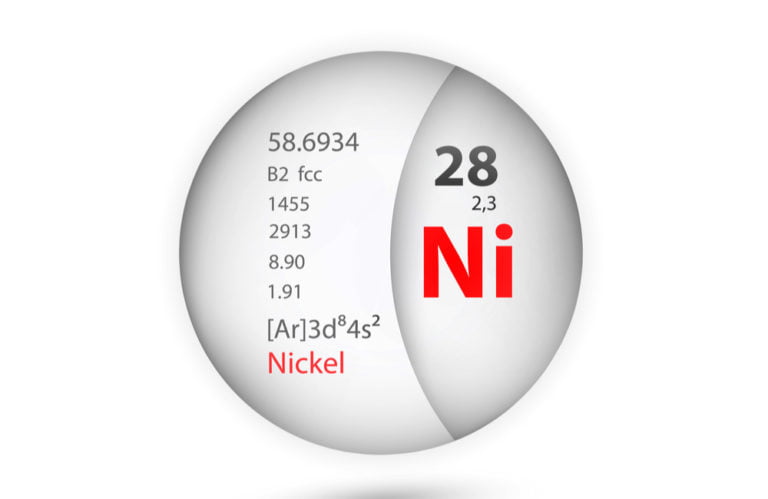
Nickel Monitoring
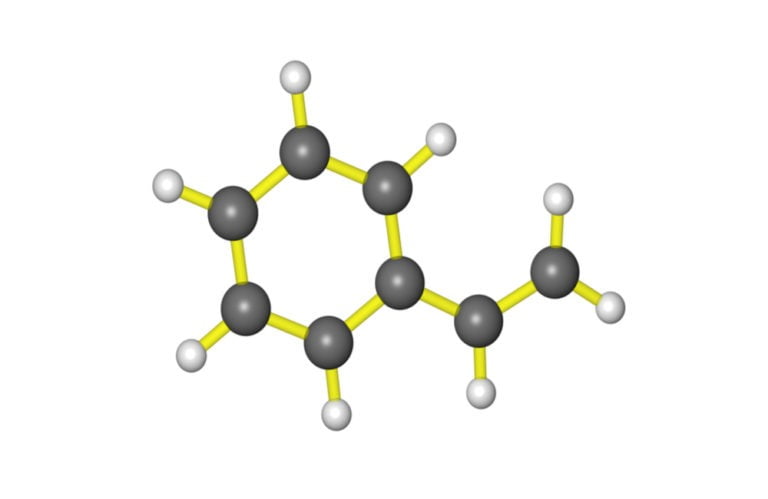
Styrene Monitoring
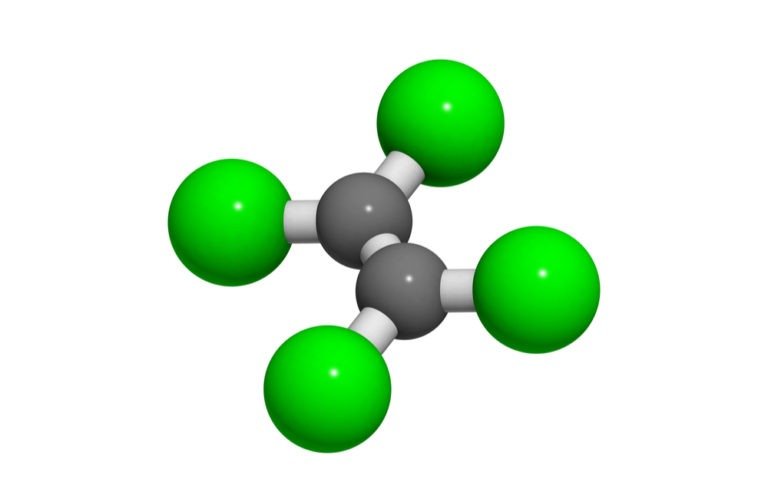
Perchloroethylene Monitoring
Main Benefits
Utilising Healthscreen’s Biological Monitoring services offers several key benefits for your business:
- Accurate Exposure Assessment: Biological monitoring provides precise measurements of chemical exposure in the workplace, allowing you to understand exactly how much of a substance has entered your employees’ bodies. This ensures that you can take informed actions to protect their health.
- Verification of Control Measures: By regularly monitoring biological markers, you can verify the effectiveness of your existing exposure control measures, such as engineering controls and protective equipment. This helps ensure that these measures are functioning correctly and providing adequate protection.
- Regulatory Compliance: Our biological monitoring services help you meet your legal obligations under regulations such as the Control of Substances Hazardous to Health (COSHH). Compliance with these regulations is essential for avoiding legal penalties and maintaining a safe workplace.
- Flexible Sampling Options: We offer convenient options for sample collection, including on-site screenings conducted by our Occupational Health team or self-administered kits that can be returned to our laboratory. This flexibility ensures that the monitoring process fits seamlessly into your operations.

FAQ
What is an example of a biological effect monitoring?
An example of a biological effect monitoring, or simply biological monitoring, is measuring the levels of mercury in the blood of workers who are exposed to mercury-based substances. This type of monitoring helps to assess the actual health impacts of the exposure by determining if the levels of lead in the body are within safe limits or if intervention is required.
When should biological monitoring be used?
Biological monitoring should be used when employees are exposed to hazardous substances that can be absorbed into the body through inhalation, ingestion, or skin contact. It is particularly important in situations where there is a potential for significant exposure, despite existing control measures, or when required by regulations such as COSHH.
How do you conduct biological monitoring?
Biological monitoring is conducted by collecting samples, such as urine, blood, or breath, from employees. These samples are then analysed in a laboratory to measure the levels of specific chemicals or their byproducts. The results are compared to established reference values to determine if exposure levels are within safe limits.
What are the benefits of biological monitoring?
The benefits of biological monitoring include ensuring compliance with regulatory requirements, identifying early signs of overexposure to hazardous substances, verifying the effectiveness of control measures, and protecting the long-term health of employees by preventing serious health issues.
How often should biological monitoring be done?
The frequency of biological monitoring depends on the specific substance and the level of exposure. In general, it should be conducted regularly, especially when employees are working with hazardous substances. The exact frequency should be determined based on a risk assessment and in accordance with regulatory requirements.
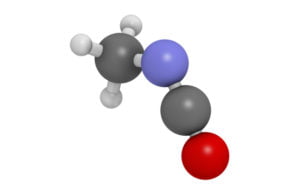
The First Wealth is Health… Isocyanates exposure
If your employees are exposed to Isocyanates you need to know how to protect them, Healthscreen UK offers this handy guide to give you the information you need:

